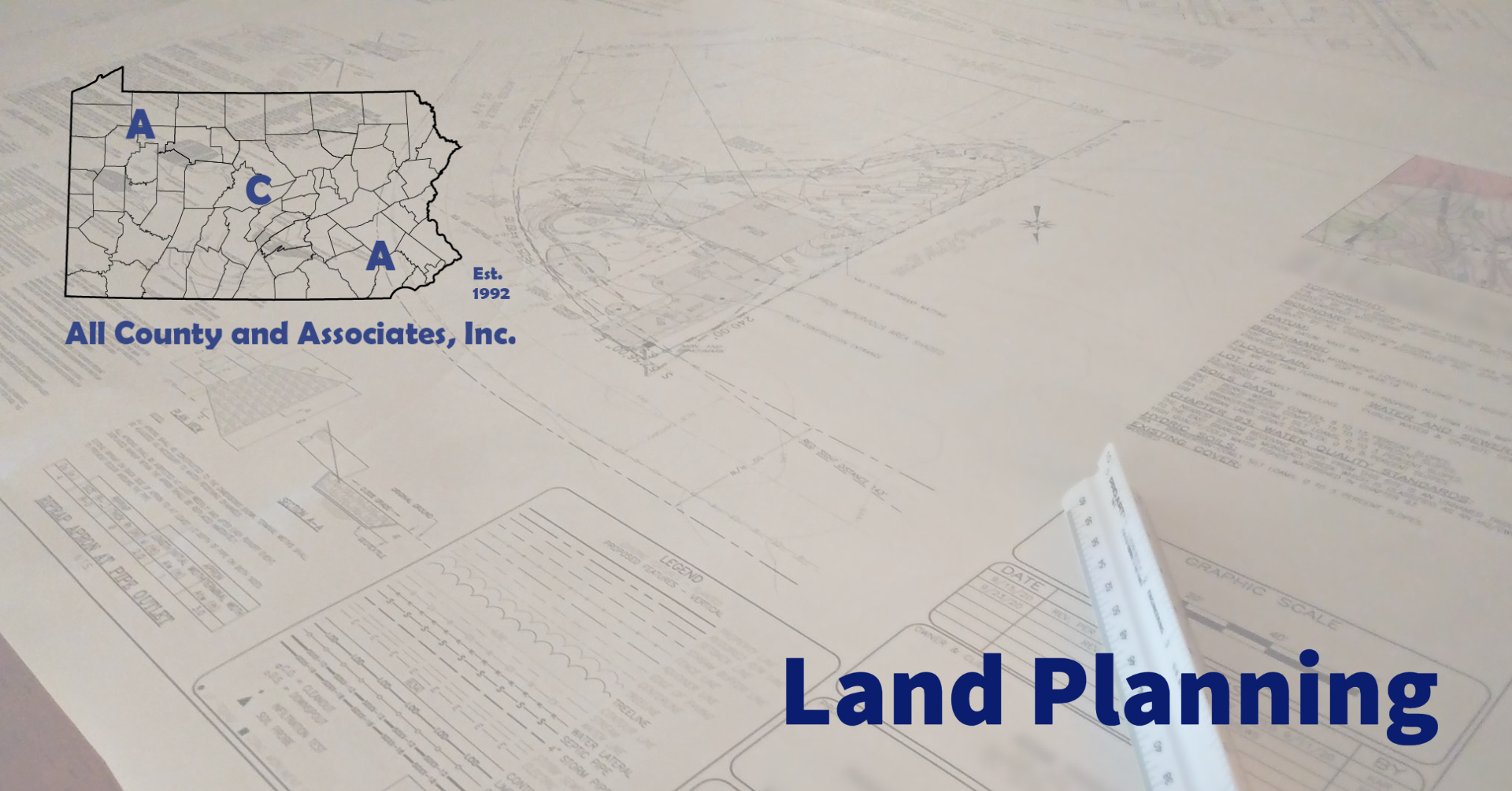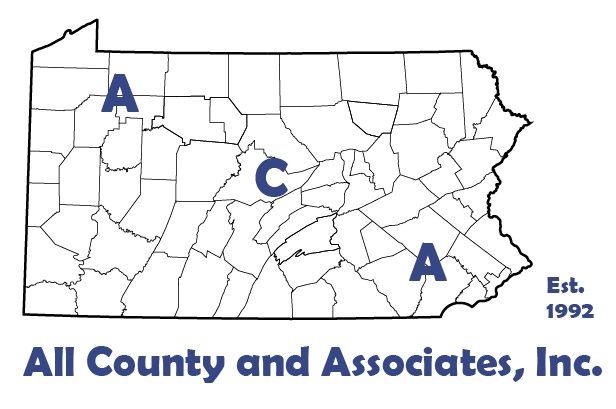
This week, we continue our 7-part series on land planning in Pennsylvania. In our third article, we take a look at zoning and the zoning officer.
Zoning Introduction
What is zoning? Zoning allows a municipality to regulate the use of land and structures. By regulating use, a municipality maintains character and creates livable communities. These regulations encourage certain development, in certain areas. The zoning ordinance codifies the regulations. It is a locally enacted law that protects health, safety and welfare. The Municipal Planning Code (MPC) states that a zoning ordinance achieve the following:
- Promote, protect and facilitate public health, safety, welfare and development.
- Prevent overcrowding, blight, congestion, or loss of health, life or property.
- Preserve prime agriculture
- Provide for the use of land for various dwelling types
- Accommodate reasonable community growth
Series Index:
- Municipal Planning Code and Local Land Use Controls
- Planning Commissions
- Zoning and Zoning Officer
- Zoning Hearing Board
- Special Exceptions, Conditional Uses and Variances
- Subdivision and Land Development
- Agricultural Planning
Zoning Ordinance
The ordinance contains specific regulations. To begin with, they establish zoning districts. Next, they include a zoning map that plots the district location and boundary. Additionally, ordinances can establish overlay districts. These districts supplement the underlying district. Some examples are historical districts, natural resource districts and highway corridors.
District specific regulations cover use and dimensions. Usage regulations set specific types of housing, business, etc. Consequently, there are three types of usages: by right, special exceptions or conditional use. We will look more at these in the coming weeks. Then there are dimensional regulations. Lot size, building setback, percent impervious coverage, and building height, are dimensional regulations. As a result, ordinances maintain character and prevent overcrowding.
The ordinance also contains non-district specific regulations. These can include off-street parking requirements, sign limitations, and floodplain regulations. The intended purpose is to establish guidelines for safety and prevent nuisances. Off-street parking ensures there are enough spaces for the land usages. An example is a commercial shopping center. They must have enough capacity to handle the busiest times. Thereby preventing the need for people to have to park on roadways or unsafety access a property. Sign regulations cover location, size and quantity. Thus, preventing signs from distract drivers or create a nuisance. Finally, floodplain regulations ensure construction does not increase flood hazards.
Finally, an ordinance contains a section for administration of the ordinance. The administration includes zoning permits, enforcement, fees, the zoning hearing board, and non-conformance. A non-conformance occurs when an existing use or structure no longer conforms because of a revision to the ordinance. These non-conformances are constitutionally protected until abandoned. An example would be a building used for industrial use but now in a residential zone. If the industrial usage ends, then the parcel must conform to the current zoning.
Zoning Officer
The administration of the municipality’s ordinance falls on the Zoning Officer. The governing body appoints the zoning officer, per the MPC. Accordingly, the officer cannot hold elective office in the municipality. Finally, they must meet qualifications and administer the ordinance in literal terms.
Zoning permits authorize the use of land, structure or sign that meets the ordinance. The zoning officer has the exclusive right to approve an application. Conversely, the officer does not have the power to allow a permit that does not conform to the zoning ordinance. In either case, some instances need a special exception, conditional use or variance. Under those circumstances, a hearing occurs.
The zoning officers does not drive around looking for violations. Instead, inspections occur by chance, as part of an approval, or complaint. In the event that an inspection occurs by chance or complaint, the officer must get consent to access the property. Though the inspection may occur from the right-of-way or public property without consent. The officer obtains an administrative search warrant to access without consent. This comes from the magisterial district judge. The inspector generates a formal report to the owner and governing body.
Finally, if an inspection results in a violation, the zoning officer initiates enforcement. However, most violators are unaware they are in violation of the ordinance. Typically, violations are voluntarily resolved without formal proceedings. Although, if the violation requires formal action, the officer issues an enforcement notice. The goal of the notice is to gain compliance, not to apply a fine or punishment. The notice must contain the owner’s information and property information. It must state the specific violation, the date of compliance, a notice of right to appeal and what happens if failure to comply. The zoning hearing board hears appeals of violations.
Who is ACA?
Started in 1992 and located in Chester County, PA ACA has grown to become a full-service civil engineering firm. Today, we merge professional services with practical knowledge for residential and commercial projects. No matter the scale, from installing a fence, to building a structure or developing land, you need permits. Because the approval process includes many permits and agencies, it can be a headache. Working with ACA’s full-service team saves you time, money, and headaches. Every step of the way, we are here to support you and educate you about the process. Here are some of the basic services we provide:
Construction Management | Civil Engineering | Environmental Permitting | Septic System Testing and Design | Land Surveying | Wetland Delineations and Mitigation
Please feel free to browse our website or if working on a project or need help, contact us at (610) 469-3830.


